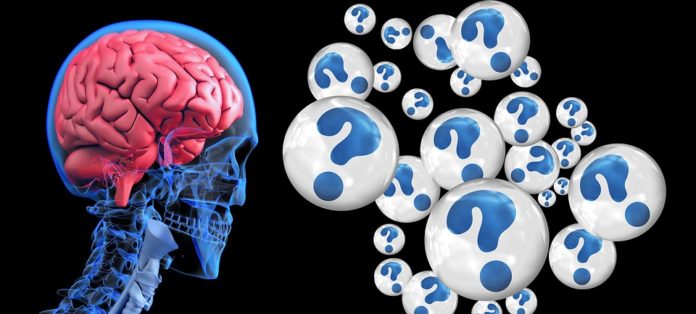New drug molecule shows promise in reversing the memory loss linked to depression and ageing
There may be hope on the horizon for a new drug for memory loss caused by depression and ageing. A new molecule not only rapidly improves symptoms, but remarkably, also appears to renew the underlying brain impairments causing memory loss. The results have been encouraging in preclinical models. These findings were presented at the American Association for the Advancement of Science (AAAS) Annual Meeting in Washington DC.
“Currently there are no medications to treat cognitive symptoms such as memory loss that occur in depression, other mental illnesses and aging,” said Dr. Etienne Sibille, Deputy Director of the Campbell Family Mental Health Research Institute at Toronto’s Centre for Addiction and Mental Health (CAMH) and lead scientist on the study.
Scientists expect to start clinical trials soon. If successful, the molecules could have wider usage in prevention of memory loss including the beginning of Alzheimer’s disease or potentially delaying its onset
Researchers first identified the specific impairments to brain cell receptors in the GABA neurotransmitter system. Then they showed that these impairments likely caused mood and memory symptoms in depression and in ageing.
The new small molecules were invented to bind to and activate this receptor target. The idea was that they would exert a therapeutic effect by “fixing” the impairment, resulting in an improvement in symptoms. The molecules are chemical tweaks of benzodiazepines, a class of anti-anxiety and sedative medications that also activate the GABA system, but are not highly targeted.
A single dose of these new molecules was administered in preclinical models of stress-induced memory loss. Thirty minutes later, memory performance returned to normal levels, an experiment that was reproduced more than 15 times. In another experiment involving preclinical models of aging, memory declines were rapidly reversed and performance increased to 80 per cent after administration, essentially reaching levels seen in youth or earlier stages of adulthood. This improvement lasted over two months with daily treatment.
“The aged cells regrew to appear the same as young brain cells, showing that our novel molecules can modify the brain in addition to improving symptoms,” said Dr. Sibille. “We’ve shown that our molecules enter the brain, are safe, activate the target cells and reverse the cognitive deficit of memory loss.”
Scientists expect to start clinical trials soon. If successful, the molecules could have wider usage in prevention of memory loss including the beginning of Alzheimer’s disease or potentially delaying its onset.


